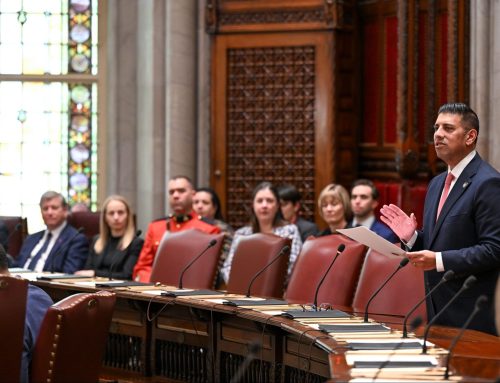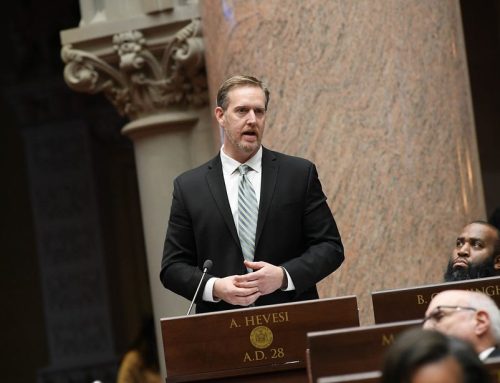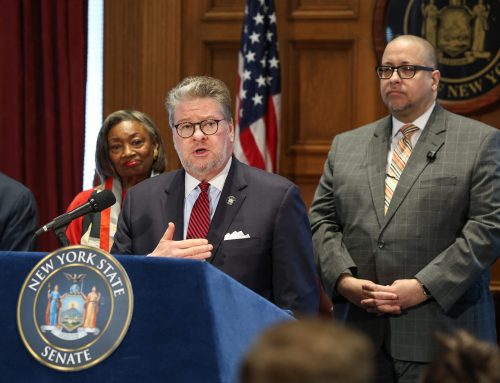Rethinking how New York doles out education dollars
Rethinking how New York doles out education dollars
Former state Budget Director Bob Megna, who is now leading the Rockefeller Institute of Government’s examination of the “Foundation Aid” formula, expects their report – due on December 1 – will probably offer a series of ideas that could improve the existing formula.
He told The Capitol Pressroom that they will likely produce a distribution model with demographic data more reflective of New York, address declining enrollments, and the needs of English language leaners and kids with special needs.
“I think those are the kinds of things that we’re going to at least provide a series of proposals that people can choose from,” Megna said. “We’re going to say, “here’s the 20, 25 things that would probably make the allocation fairer.”
The full interview is available below or wherever you download podcasts.
While some education advocates are calling for a complete overhaul of the funding formula, the Albany veteran thinks significant improvements can be made while working within the existing framework. He also noted that it would be difficult to come up with a brand new distribution model on the state’s timeline for action.
According to Megna, the Rockefeller’s report is unlikely to wade too deep into the politically sensitive topic of school reserves, which were cited as an untapped resource by Gov. Kathy Hochul earlier this year and came up at public hearing on the Foundation Aid formula during the summer.
“One of the reasons (districts) need that cushion is because the formula is so out of date. They’re not always aware of what they’re going to get from year to year. And so because of that, of course, they want more reserves,” Megna said. “Hopefully we’ll have some recommendations that make it easier for the districts to know what they’re going to get – that reliability piece – and then the reserve issue becomes maybe a little bit less important.”
Listen On














Social Media